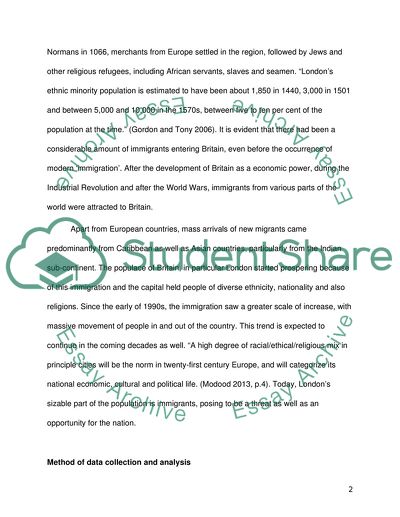Cite this document
(Multi-Ethnicity, Race and Cultural Pluralism in Britain Research Paper, n.d.)
Multi-Ethnicity, Race and Cultural Pluralism in Britain Research Paper. Retrieved from https://studentshare.org/social-science/1817556-race-and-ethnicity
Multi-Ethnicity, Race and Cultural Pluralism in Britain Research Paper. Retrieved from https://studentshare.org/social-science/1817556-race-and-ethnicity
(Multi-Ethnicity, Race and Cultural Pluralism in Britain Research Paper)
Multi-Ethnicity, Race and Cultural Pluralism in Britain Research Paper. https://studentshare.org/social-science/1817556-race-and-ethnicity.
Multi-Ethnicity, Race and Cultural Pluralism in Britain Research Paper. https://studentshare.org/social-science/1817556-race-and-ethnicity.
“Multi-Ethnicity, Race and Cultural Pluralism in Britain Research Paper”, n.d. https://studentshare.org/social-science/1817556-race-and-ethnicity.


